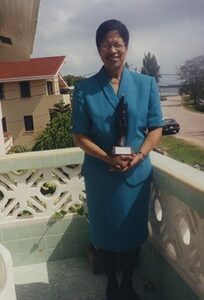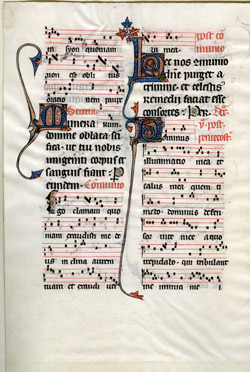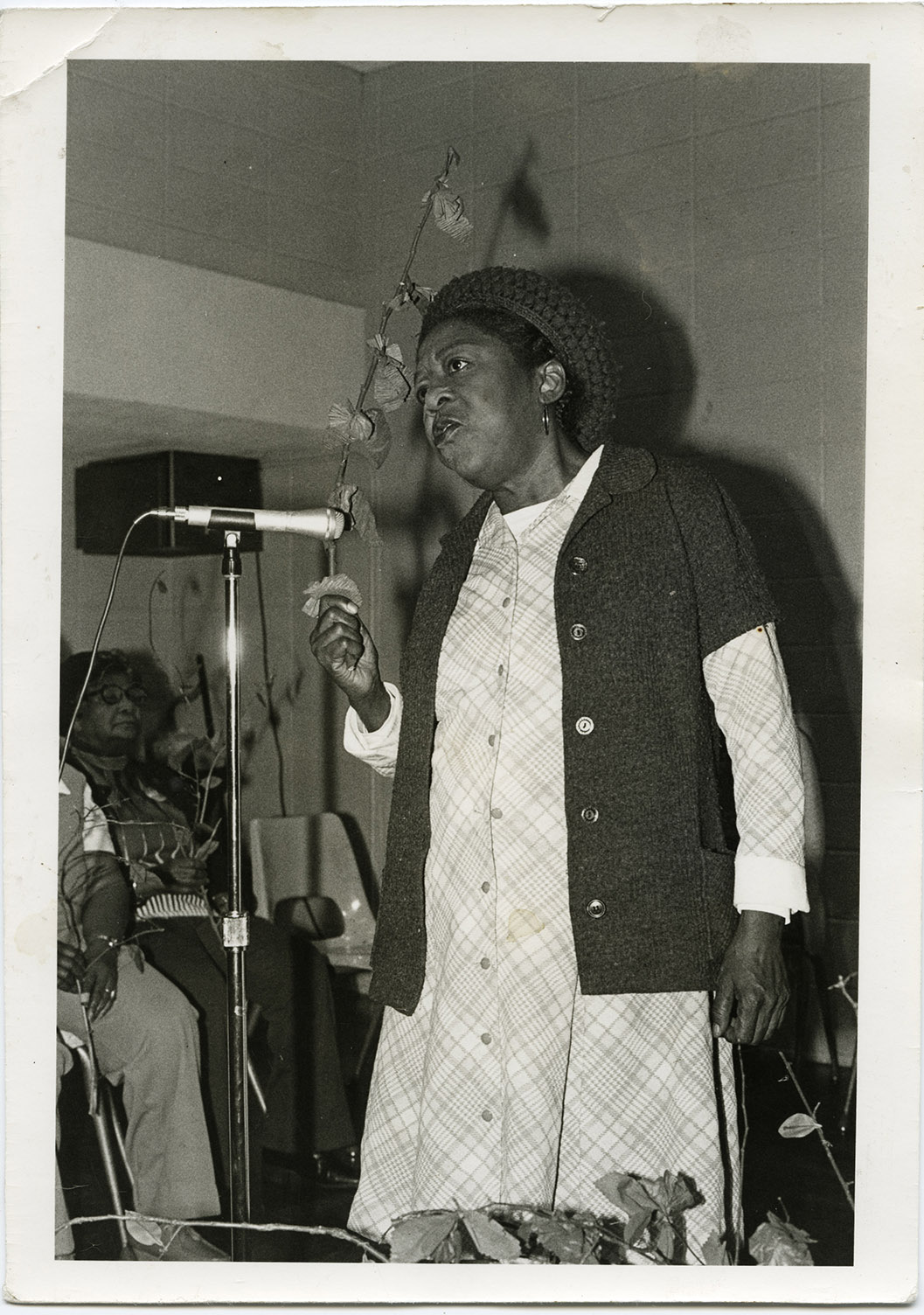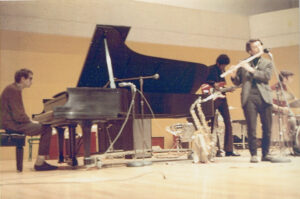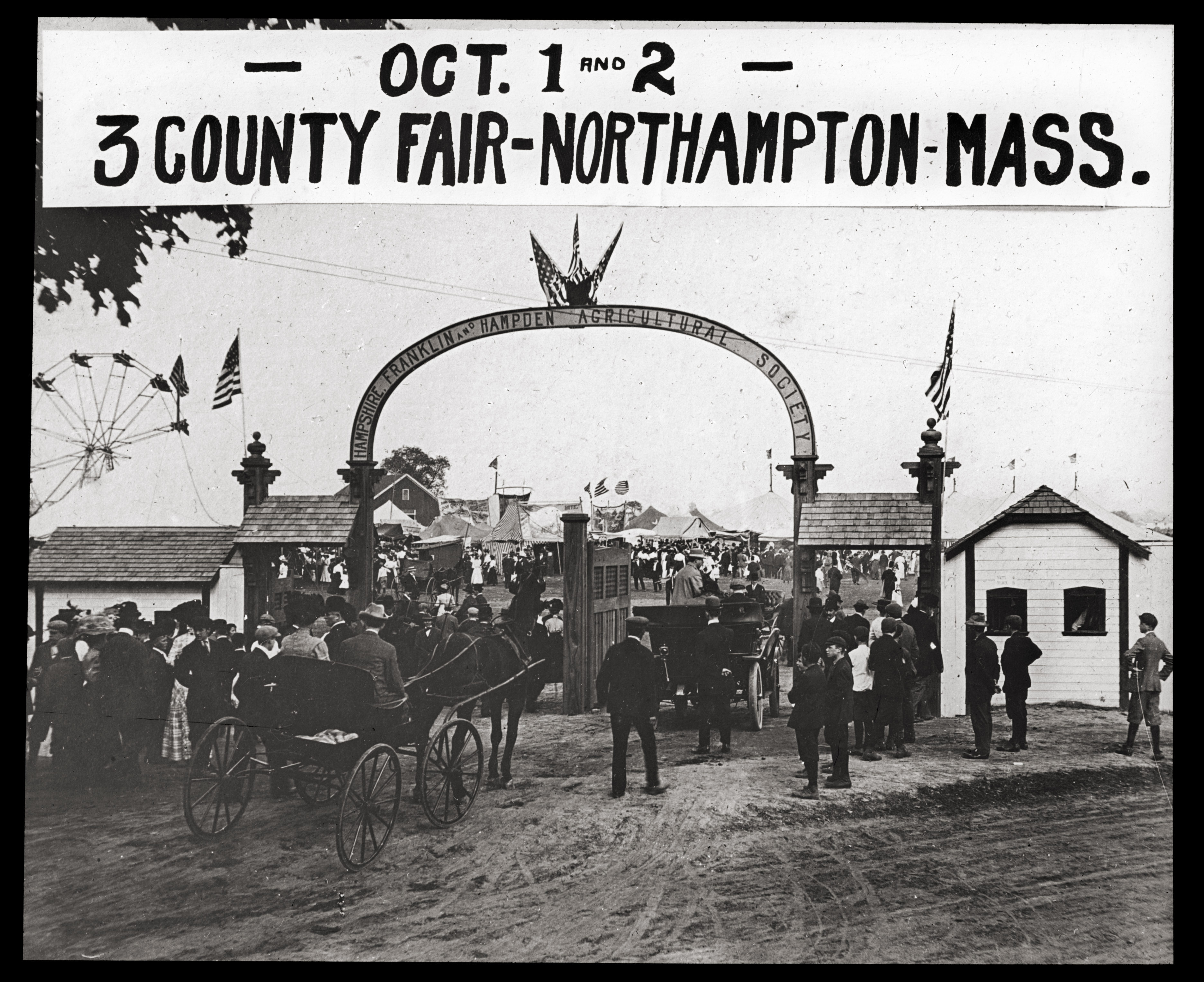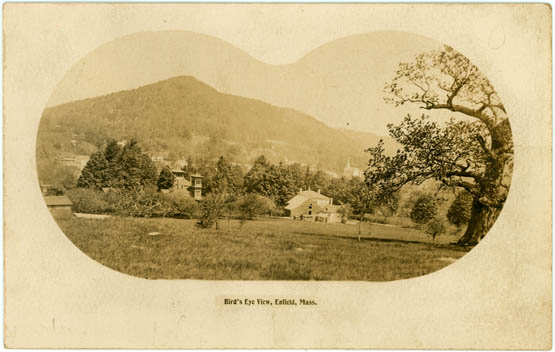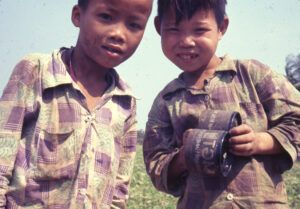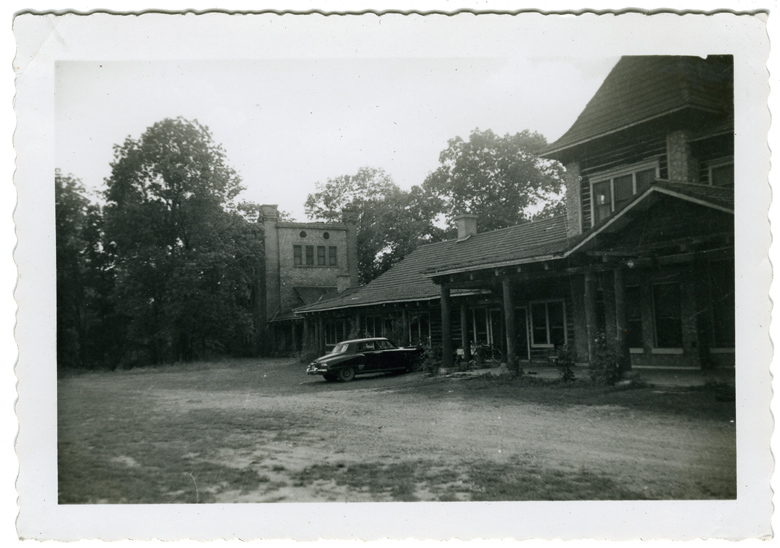Zee Edgell Papers
Acclaimed writer, women’s rights advocate, journalist, and educator, Zelma (Zee) Inez Edgell was born in Belize City, Belize in 1940. Zee Edgell holds an undergraduate degree in journalism from Polytechnic-Regent Street (now the University of Westminster) and a Master’s in Liberal Studies from Kent State University. Edgell has published four novels and several short stories throughout her illustrious career. Her breakout novel, Beka Lamb, published in 1982, was the first book to be released in a newly independent Belize (formerly British Honduras) and would gain international notoriety going on to win the Fawcett Society Book Prize. Before becoming a celebrated novelist Edgell spent her early years working as a journalist, first for Jamaica’s The Daily Gleaner and then as founding editor of the Belize-based newspaper The Reporter. Edgell also served as director of the Belize Women’s Bureau, a position she held under two different administrations. As an educator, Edgell taught for many years at Belizes’ St. Catherine Academy, an all-girls catholic school she attended as a youth. She lectured at the University College of Belize as well. Edgell would spend the remainder of her teaching career as a tenured professor in the English department at Ohio’s Kent State University beginning in 1992. While at Kent State, Edgell taught courses in creative writing, fiction writing, and post-colonial literature. In 2009, Edgell received an honorary doctorate in literature from the University of West Indies. That same year she retired from teaching and moved with her husband to St. Louis to be closer to her children and grandchildren until she died in 2020.
The Zee Edgell Papers features not only a deeper look into the author’s professional life but her personal life as well. The collection includes personal letters, postcards, and notes between Edgell and her loved ones; professional correspondence between and her publisher; drafts of her short stories and book chapters; newspaper articles; letters from her global travels with husband Alvin Edgell during his tenure with CARE; documents related to her time serving as director of the Belize Women’s Bureau; and literature on Belizean history. There are also materials related to her time as a faculty member in Kent State’s English Department.


